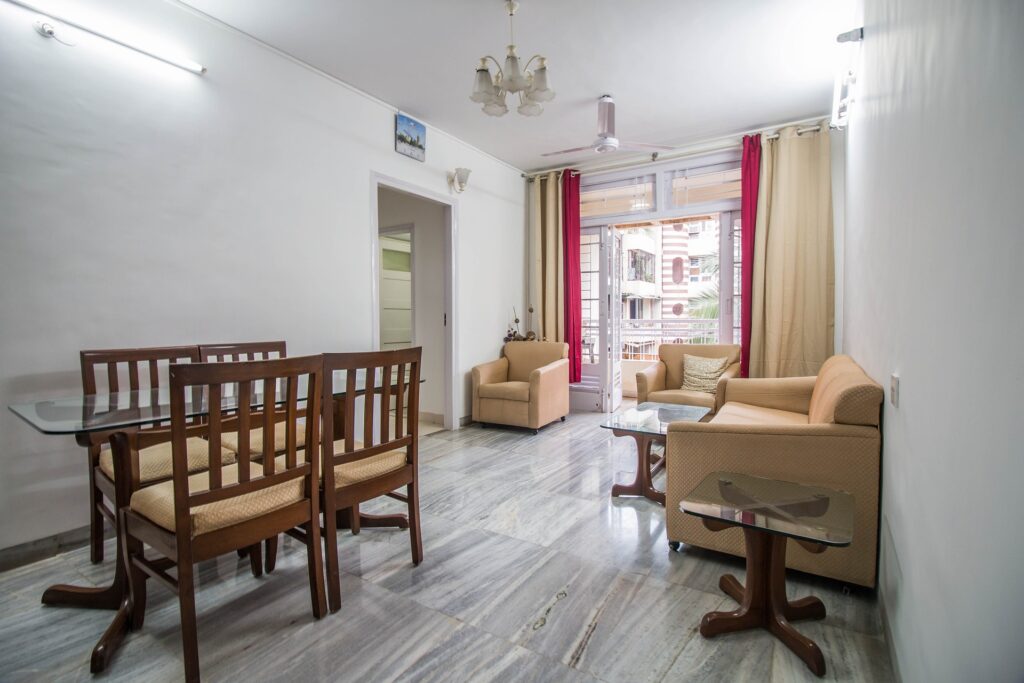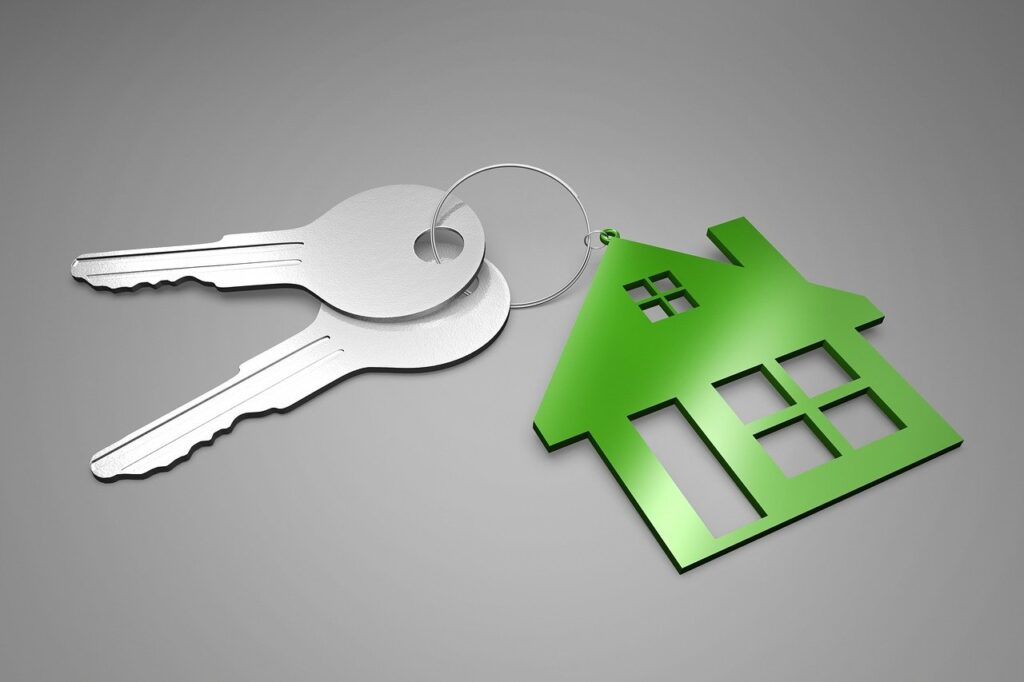Debunking the Myth: Is Buying a House Costlier Than Renting?
Owning a home is often seen as a sign of financial stability in India, but it also comes with significant upfront costs and ongoing expenses.

A residential flat in India
The age-old debate of whether buying a house is more expensive than renting continues to baffle even today. Owning a home is often seen as a sign of financial stability, but it also comes with significant upfront costs and ongoing expenses. On the other hand, renting offers flexibility and lower initial expenses, but long-term rent payments can add up. In this article, we will delve into the complexities of this issue and explore the best option.
Down Payment Dilemma
One of the primary hurdles for aspiring homeowners is the down payment. To purchase a house, buyers typically need to pay a substantial lump sum upfront. This can be daunting, especially for young adults or those with limited savings. Renting, on the other hand, usually requires a security deposit and possibly the first month’s rent, making it a more affordable short-term option.
The Mortgage and Interest Burden
Once homeowners overcome the down payment hurdle, they still face the challenge of monthly mortgage payments. Mortgages can stretch over several decades, and the added burden of interest can significantly increase the overall cost of buying a house. In contrast, renters usually pay a fixed monthly amount, which might increase with inflation or lease renewals but generally remains more predictable than fluctuating interest rates.
Maintenance and Repairs
Homeownership comes with the responsibility of maintenance and repairs. From leaky roofs to faulty plumbing, homeowners must bear the costs of keeping their property in good condition. Renters, on the other hand, can rely on landlords to address most repair issues. However, this convenience might come at the cost of not having control over property improvements and renovations.
Property Taxes and Insurance
Property taxes and homeowner’s insurance are essential components of owning a house. These recurring expenses can vary depending on the property’s location and size, adding to the overall cost of homeownership. Renters, in contrast, do not directly bear the burden of property taxes or insurance, as these are typically covered by the landlord.
Appreciation and Equity
One of the most compelling arguments for buying a house is the potential for appreciation and equity building. Over time, real estate values tend to increase, allowing homeowners to build wealth through property appreciation. Additionally, as mortgage payments are made, homeowners gain equity in their homes. In contrast, renting does not offer the same opportunity for building equity, as rent payments do not contribute to ownership.
Flexibility and Mobility
Renting provides a level of flexibility that homeownership cannot match. Renters can easily move to different neighborhoods or cities without the burden of selling a property. For individuals with uncertain job prospects or those who enjoy exploring new places, renting may be a more suitable option

Inflation and Rent Increase
While owning a home can act as a hedge against inflation, renters might face increasing rental costs over time. As the cost of living rises, landlords often adjust rent prices to reflect these changes. In contrast, homeowners with fixed-rate mortgages can enjoy stable mortgage payments, which become relatively more affordable as inflation rises.
Determining whether buying a house is costlier than renting depends on various factors, including financial stability and personal preferences. You must carefully assess your financial situation and lifestyle preferences to make an informed decision. Both these options have their merits, and the best choice may vary for different individuals and circumstances.







